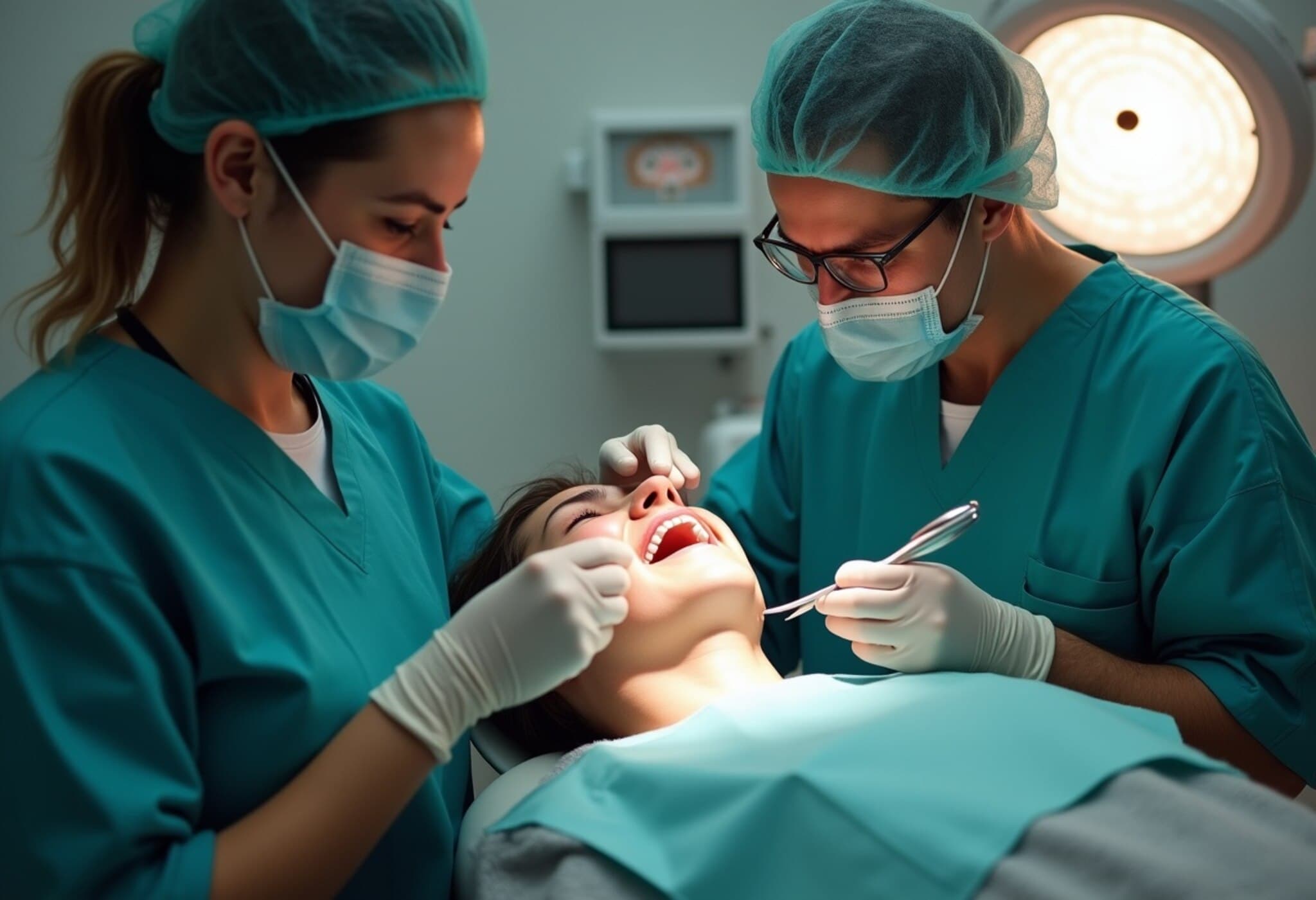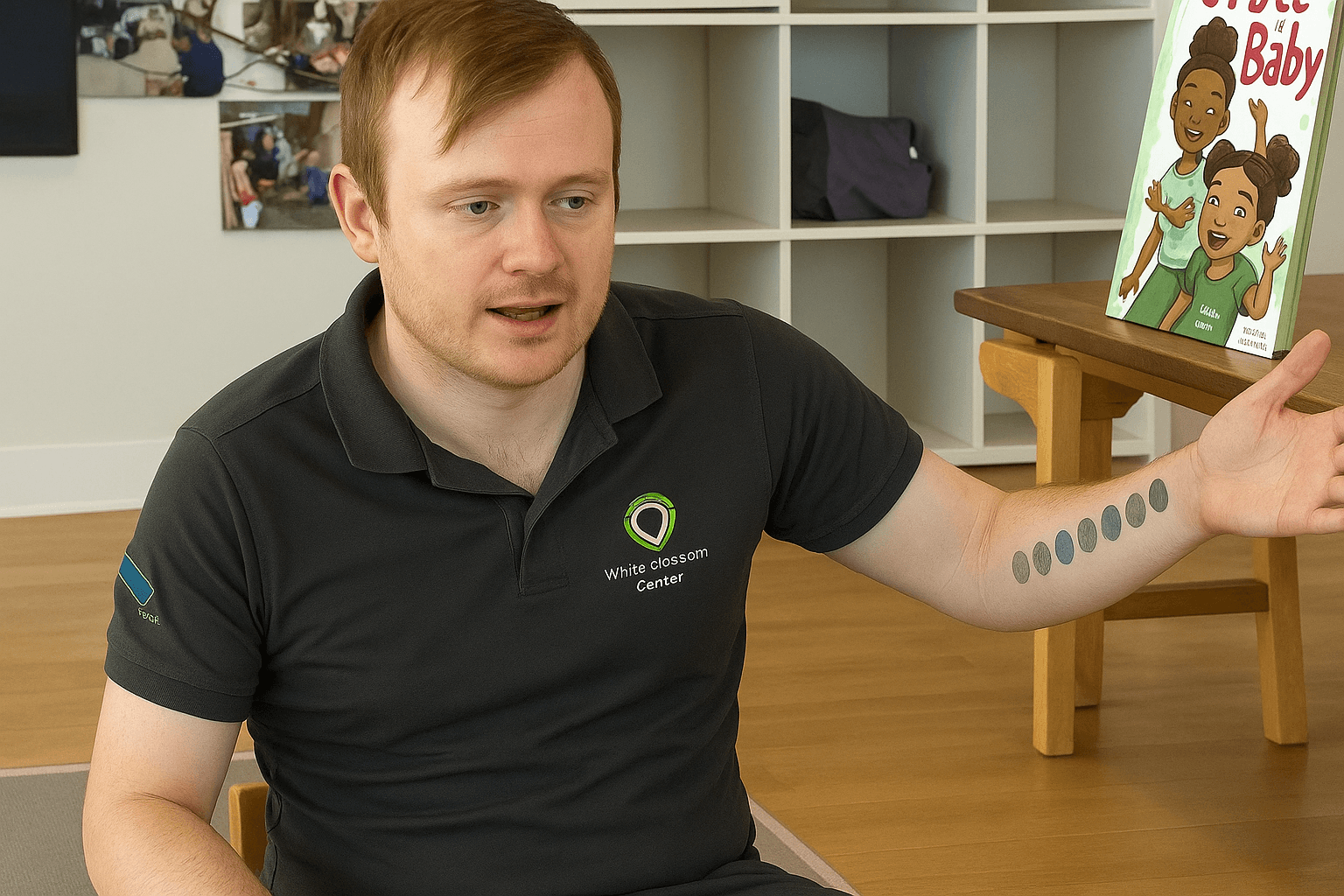Young Fake Dentist Operated Illegally for Two Years, Faces Prison
A 22-year-old man, pretending to be a licensed dentist, along with two family members, ran a makeshift dental clinic from their home in the Czech Republic's Havlíčkův Brod for nearly two years. Using only online tutorials as their guide, the trio performed dental procedures including root canals, tooth extractions, and administered anaesthesia to unsuspecting patients.
Illegal Operation Generated Millions
The unlicensed clinic earned close to 4 million Czech koruna (approximately Rs 1.6 crore or $185,000) over this period. Police have confirmed that none of the individuals possessed any certified dental training or legal permissions to practise dentistry.
Family Members Each Played a Role
- The 22-year-old man conducted the dental treatments, relying on YouTube videos for guidance.
- A 50-year-old woman, who had experience working in the healthcare sector, supplied anaesthetics and various dental materials such as fillings, cleaning powder, glue, and impression material.
- A 44-year-old male family member produced dental prosthetics on-site, supporting the clinic’s services.
Serious Charges and Legal Consequences
All three have admitted to running the illegal clinic and now face a multitude of charges including operating without a licence, attempted assault, money laundering, theft, and drug dealing. They could face up to eight years in prison.
Authorities launched the investigation after uncovering the operation earlier this month, although it remains unclear if patient complaints triggered the probe. A police spokesperson emphasized the focus on the unlawful nature of the clinic rather than any individual complaints.
Context: Dental Profession Challenges in the Czech Republic
Last year, the Czech Parliament approved legislation to simplify the process for hiring dentists from outside the European Union, aiming to address shortages in the public healthcare system. Despite this, the proliferation of unlicensed practitioners underscores the ongoing challenges of access and regulation in dental care.
This case highlights the risks patients face when seeking dental treatment from uncertified sources and the vital importance of stringent licensing enforcement.











